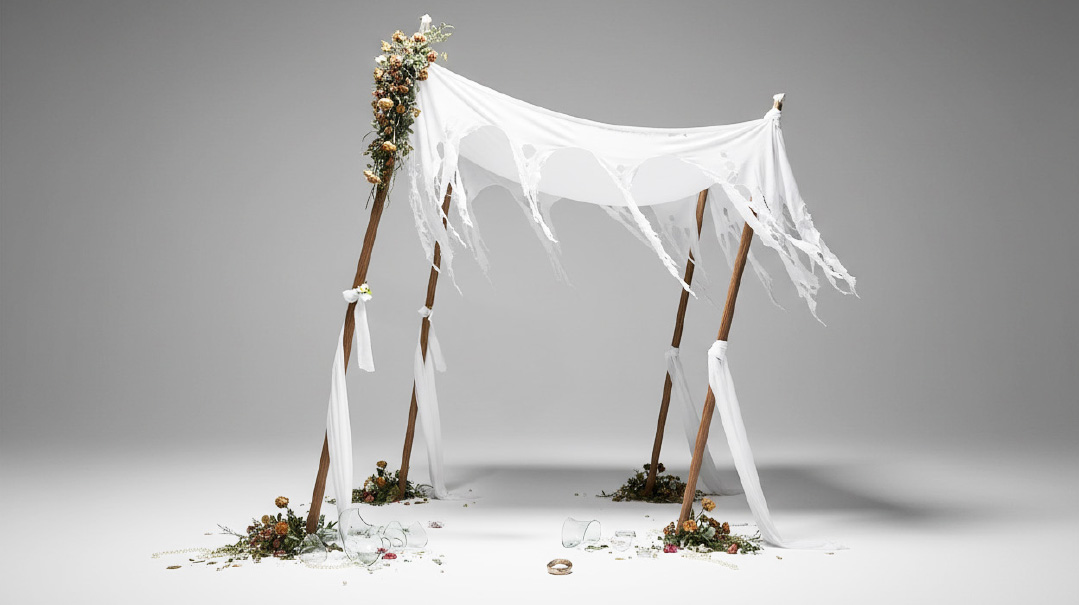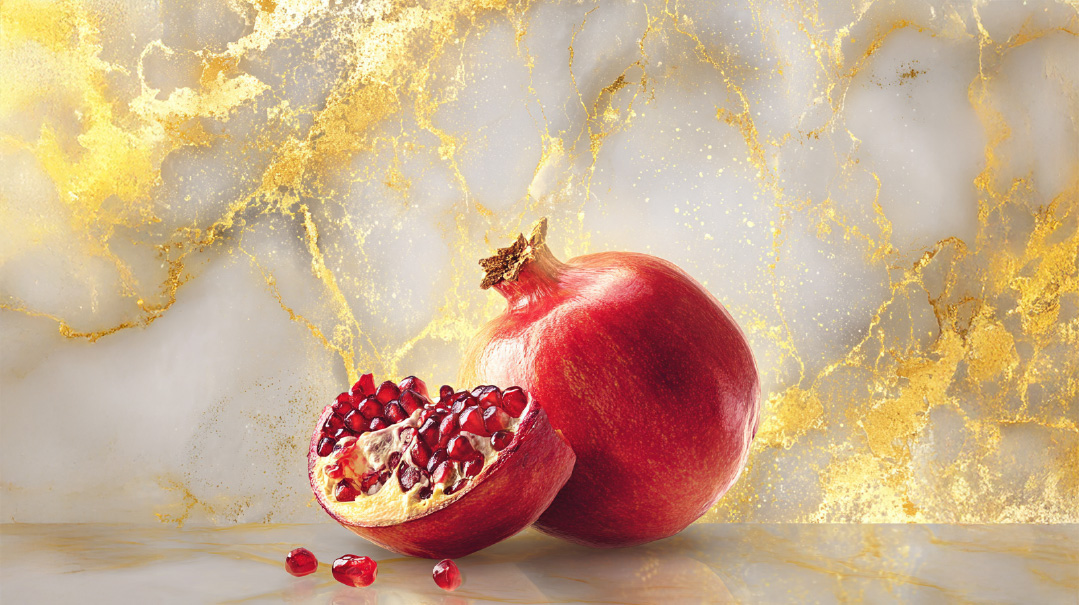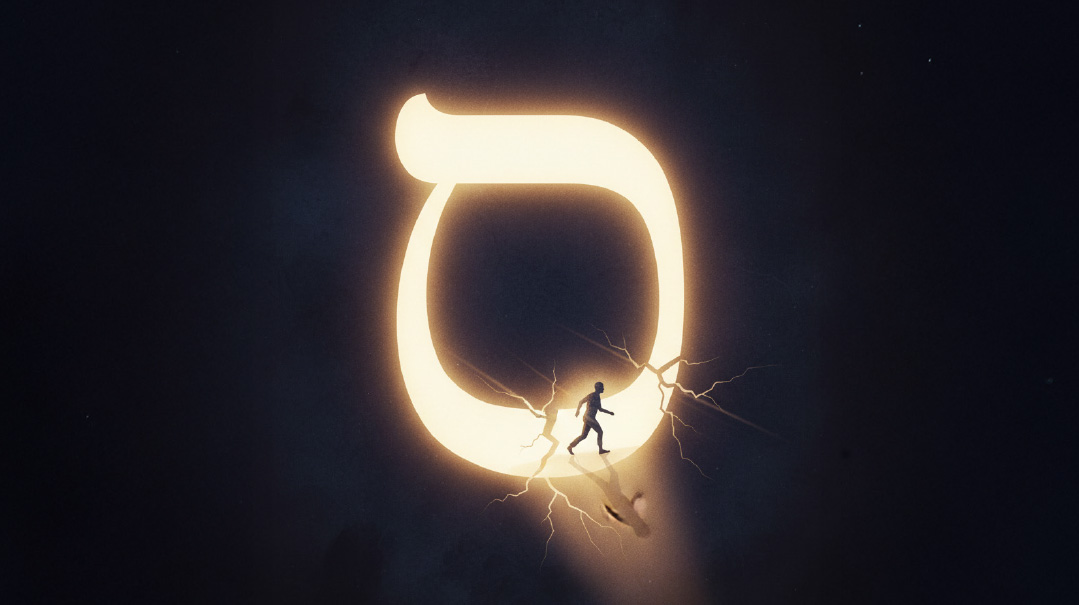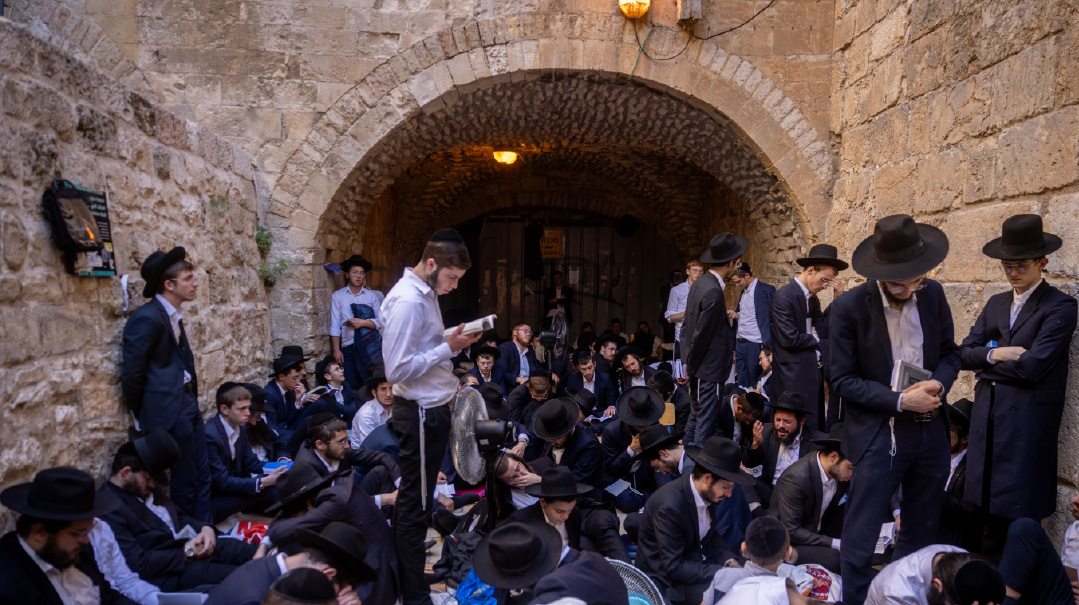Growing Our Resilience Muscles

Spiritual resilience can be understood as the ability to stay close to Hashem during challenges
Resilience seems to be one of the buzzwords of this pandemic. Why are some people more resilient than others during challenging times, and what can we do to strengthen our own resilience? It seems like there are two different types of people when it comes to pandemics: the survivors and the thrivers. The difference really is about how people respond to stress and upheaval. The survivors struggle to adapt but manage to get by, while the thrivers take advantage of the challenge presented to them as a springboard for growth.
I’ve been thinking about how this is true in relation to spiritual resilience as well. If resilience is the ability to bounce back in the face of adversity, spiritual resilience can be understood as the ability to stay close to Hashem during challenges. Some use those challenges as a spiritual motivator for themselves and those around them, and others seem to be treading water in survival mode as they struggle to stay connected to Hashem.
We can each think of our own spiritual level over the past eight months. Was it difficult to pivot to davening at home? Was it difficult returning to shul? Did the private worship feel authentic, or were you eager to rely again on the usual communal constructs? Has your emunah been bolstered during the challenges that COVID presented, or has it taken a hit? In the overwhelming moments, do you struggle with your spiritual obligations, or do you more readily turn to Hashem, Torah, and mitzvos as a source of comfort and support?
Between lockdowns, virtual schooling, working from home, possible illness, and other significant disruptors, many have found that it has been difficult to add anything to their plates these past months. Yet the Yamim Tovim came as scheduled on the Jewish calendar and preparations needed to be made. Parents were juggling working remote with Zoom schooling, but the house still needed to be cleaned for Pesach. The regular religious obligations, such as davening and Torah learning, still need space, even though so many new requirements and realities have crammed up our schedules. The question is, are they just another thing to add to the overwhelming to-do list of the day, or is it in fact that very commitment to Yiddishkeit that gets us through the day?
(It is important to note that the emotional wellbeing of many has been impacted negatively due to the pandemic. According to the CDC, more than four in ten Americans are struggling with mental health issues associated with COVID. Individuals struggling with mental health issues may experience a feeling of being burdened by mitzvos, as their coping abilities are jeopardized, and should seek the guidance of a competent rav and psychologist to provide guidance.)
WHAT MAKES A PERSON spiritually resilient, and how can those of us who “aren’t feeling it” develop it?
When I was an idealistic 20-year-old whose goal in life was to marry an up-and-coming kiruv rabbi, I had the wonderful opportunity to take an internship at Aish UK in Hendon, a neighborhood of London, in June 2001. I didn’t know a soul there, aside from hearing about Elana Rosenblatt, the sister of my college friend who organized the internship. I would be doing marketing work in the office and some Partners in Torah-style learning on the side.
I lived in an apartment with strangers and learned how to grocery shop with pounds and use the Tube, and the local Aish rabbis and their families graciously hosted me for Shabbos meals.
As soon as I arrived, however, I was made aware that the director of Aish UK, Rabbi Shaul Rosenblatt, was dealing with a family illness and would not be very available. His 29-year-old wife had been battling stage-four cancer for the previous three years, and it did not look good. Over the six weeks that I was there, Elana steadily deteriorated. But what I witnessed, which made such a life-long impression on me, was that in response, the Aish community just got stronger. The energy in the office was palpable. They weren’t going to let this defeat them. They weren’t going to succumb. They were going to do more and be more — for Elana.
I had never been exposed to this idea before. I imagined that a community who was losing their rebbetzin would be broken, depressed, hopeless, and isolated. Instead this community in Hendon seemed to be invigorated. They were on fire, and they were unified for one singular purpose. It was all about what mitzvah we could do, or what Torah we could learn, for Elana. They taught me that we had to become better people in her merit.
I honestly thought what they were doing was superhuman. It didn’t even seem natural. But they were so sincere, and it was clear that the spirit of the Aish UK community most certainly got them through this most challenging time. Only over the years have I realized that our response to adversity is the only thing we can control, and not the adversity itself.
After I returned home, I was deeply saddened to hear that Elana passed away that August. I have always wondered about what happened to Rabbi Rosenblatt and his community. Until I recently stumbled upon the book he wrote, Why Bad Things Don’t Happen to Good People.
In his book, Rabbi Rosenblatt reveals that he wasn’t born with spiritual resilience. Rather, it was chiseled through trial and error, and by being married to a righteous woman who modeled it every day. The book details the understanding he developed with his wife that helped him deal with his incredibly challenging circumstances. As he writes in the preface, “We all go through pain in our lives. No one is exempt. What makes some people different from others is how they rise to the challenge of their pain.”
Rabbi Rosenblatt presents messages and mindsets necessary for training ourselves to be spiritually resilient — how to go through hardship with grace and have a healthy attitude toward adversity (all with the recognition that we’re human and sometimes need to cut ourselves a little slack).
The crux of the book — and the message for those of us yearning to develop our resilience — is this:
Elana and I made a decision when she first became ill. We didn’t have a choice as to whether or not she would have cancer. But we did have a choice as to how we would respond to that cancer. We knew that we could allow ourselves to despair, that we could hide ourselves away from the world and accept our fate. Or we could decide to be happy with the goodness that we had. We could make sure we enjoyed our time with each other and our children and enjoyed our lives in general. We knew that we could grow closer to G-d at this time or we could move further way — and, whilst we were human and there would be times that we would lose perspective, nevertheless that choice was within our hands much of the time.
How we view our pain is what builds our resilience muscles and propels us to bounce back. The book proves story after story that so much of our experience is in our mind. Our power resides in our mentality. As Rabbi Rosenblatt writes:
We can hide from pain, we can experience pain with or without dignity, or we can appreciate that pain is one of G-d’s greatest and most versatile gifts to humanity. It allows us to make meaningful choices about how we want to live our lives. It offers us the opportunity of independence. It shakes us out of our apathy and into reality. And it pushes us to achieve and accomplish in a way that we otherwise never would.
Being spiritually resilient means not allowing the pain to sever our relationship with the source of the pain: G-d Himself. We are all growing our resilience, the harder this gets. Reading about people like the Rosenblatts, whose struggles and triumphs honed not only their approach to suffering, but their bitachon, tefillah, and gratitude, is what we all need right now in our own little corners of this pandemic-ridden world.
Alexandra Fleksher is an educator, a published writer on Jewish contemporary issues, and an active member of her Jewish community in Cleveland, Ohio.
(Originally featured in Mishpacha, Issue 833)
Oops! We could not locate your form.








Comments (2)